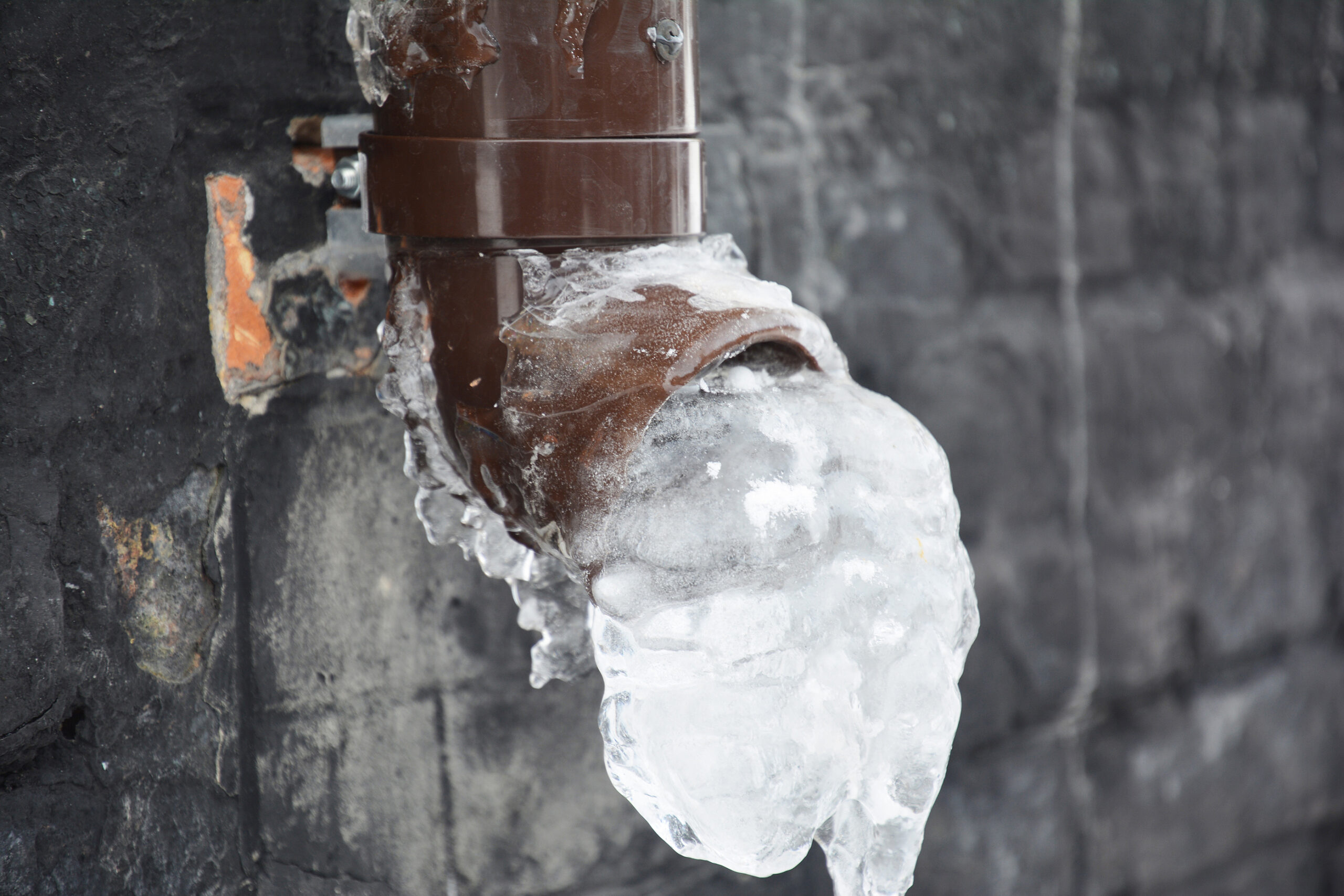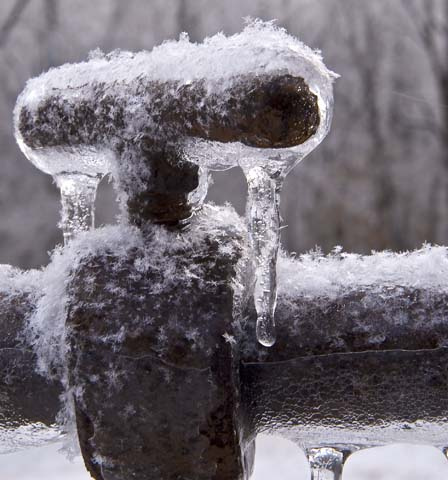Guidance for Preventing Frozen Pipes in Cold Weather: Professional Advice
Guidance for Preventing Frozen Pipes in Cold Weather: Professional Advice
Blog Article
The publisher is making a few great pointers related to How To Avoid Freezing Pipes as a whole in the article further down.

Cold weather can damage your plumbing, especially by freezing pipes. Right here's how to prevent it from taking place and what to do if it does.
Intro
As temperature levels drop, the risk of icy pipelines increases, possibly causing pricey repairs and water damages. Comprehending exactly how to avoid icy pipelines is essential for house owners in cold environments.
Understanding Frozen Pipes
What causes pipes to freeze?
Pipes ice up when revealed to temperature levels listed below 32 ° F (0 ° C) for expanded durations. As water inside the pipes freezes, it expands, taxing the pipeline wall surfaces and possibly causing them to break.
Dangers and damages
Frozen pipelines can cause water system interruptions, home damage, and pricey repairs. Burst pipes can flood homes and create extensive structural damage.
Signs of Frozen Pipes
Identifying frozen pipes early can prevent them from bursting.
How to identify icy pipelines
Try to find lowered water circulation from faucets, unusual odors or sounds from pipelines, and visible frost on exposed pipes.
Avoidance Tips
Protecting susceptible pipes
Cover pipelines in insulation sleeves or use heat tape to shield them from freezing temperature levels. Focus on pipelines in unheated or outside areas of the home.
Home heating techniques
Maintain interior spaces appropriately heated up, especially locations with pipes. Open cupboard doors to enable warm air to circulate around pipelines under sinks.
Protecting Outside Plumbing
Garden hoses and outside taps
Detach and drain garden hose pipes before wintertime. Mount frost-proof spigots or cover outside taps with shielded caps.
What to Do If Your Pipelines Freeze
Immediate activities to take
If you believe icy pipelines, keep faucets available to soothe stress as the ice thaws. Make use of a hairdryer or towels taken in hot water to thaw pipes slowly.
Long-Term Solutions
Architectural changes
Take into consideration rerouting pipes away from outside wall surfaces or unheated areas. Add added insulation to attic rooms, basements, and crawl spaces.
Updating insulation
Purchase premium insulation for pipes, attic rooms, and walls. Correct insulation assists maintain constant temperatures and lowers the risk of icy pipes.
Verdict
Avoiding icy pipes calls for proactive procedures and fast responses. By recognizing the causes, signs, and safety nets, property owners can protect their pipes during winter.
Helpful Tips to Prevent Frozen Pipes this Winter
UNDERSTANDING THE BASICS: WHY PIPES FREEZE AND WHY IT’S A PROBLEM
Water freezing inside pipes is common during the winter months, but understanding why pipes freeze, and the potential problems it can cause is crucial in preventing such incidents. This section will delve into the basics of why pipes freeze and the associated problems that may arise.
THE SCIENCE BEHIND FROZEN PIPES
When water reaches freezing temperatures, it undergoes a physical transformation and solidifies into ice. This expansion of water as it freezes is the primary reason pipes can burst. As the water inside the pipe freezes, it expands, creating immense pressure on the walls. If the pressure becomes too great, the pipe can crack or rupture, leading to leaks and water damage.
FACTORS THAT CONTRIBUTE TO PIPE FREEZING
Low Temperatures: Extremely cold weather, especially below freezing, increases the risk of pipes freezing. Uninsulated or Poorly Insulated Pipes: Pipes located in unheated areas, such as basements, crawl spaces, or attics, are more prone to freezing. Insufficient insulation or lack of insulation altogether exacerbates the problem. Exterior Wall Exposure: Pipes running along exterior walls are susceptible to freezing as they encounter colder temperatures outside. Lack of Heating or Temperature Regulation: Inadequate heating or inconsistent temperature control in your home can contribute to frozen pipes. PROBLEMS CAUSED BY FROZEN PIPES
- Pipe Bursting: As mentioned earlier, the expansion of water as it freezes can cause pipes to burst, resulting in significant water damage.
- Water Damage: When pipes burst, it can lead to flooding and water damage to your property, including walls, ceilings, flooring, and personal belongings.
- Structural Damage: Prolonged exposure to water from burst pipes can compromise the structural integrity of your home, leading to costly repairs.
- Mold and Mildew Growth: Excess moisture from water damage can create a favorable environment for mold and mildew growth, posing health risks to occupants.
- Disrupted Water Supply: Frozen pipes can also result in a complete or partial loss of water supply until the issue is resolved.
WHY CERTAIN PIPES ARE MORE PRONE TO FREEZING
- Location: Pipes located in unheated or poorly insulated areas, such as basements, crawl spaces, attics, or exterior walls, are at higher risk of freezing.
- Exterior Pipes: Outdoor pipes, such as those used for irrigation or exposed plumbing, are particularly vulnerable to freezing as they are directly exposed to the elements.
- Supply Lines: Pipes that carry water from the main water supply into your home, including the main water line, are critical to protect as freezing in these lines can affect your entire plumbing system.
- Underground Pipes: Pipes buried underground, such as those connected to sprinkler systems or outdoor faucets, can be susceptible to freezing if not properly insulated.
https://busybusy.com/blog/helpful-tips-to-prevent-frozen-pipes-this-winter/

We were brought to that article on Winter Plumbing Precautions: Preventing Frozen Pipes through a pal on another website. Do you know someone else who is fascinated with the subject? Please feel free to promote it. Thank you for going through it.
Call Today Report this page